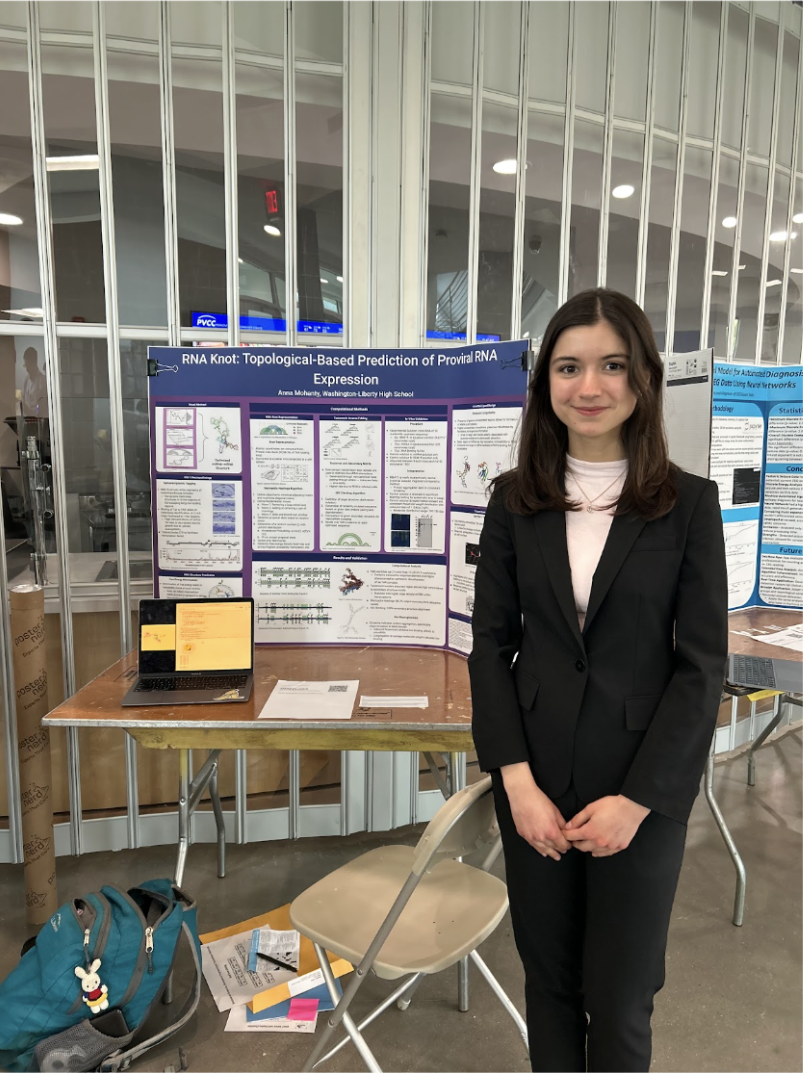This past March, Governor Glenn Youngkin vetoed a bill that would have allowed Arlington County to change the structure of its local government for the first time in nearly a century.
The bill (HB 2768) was sponsored by Del. Patrick Hope (D), who represents northern Arlington, and was co-sponsored by Del. Adele McClure (D), whose district spans from Rosslyn to National Landing. After passing the House of Delegates in a 53-44 vote and the Senate in a 21-18 vote, the bill failed to achieve the two-thirds majority that would have been needed to override Youngkin’s veto.
Despite the governor’s decision to axe the proposed law, Hope has vowed to continue pressing for the wide-reaching provisions it had enshrined. “Next year we will pass this bill again – and Virginia will have a new governor to sign it,” Hope told ArlNow in a March interview.
If signed into law, the bill would have allowed the County Board or public to seek a referendum on (1) contracting or expanding the size of the County Board from three to 11 members; (2) permitting the Board chair to be a separate elected official; and (3) changing the current at-large method of selecting board members to geographic districts or a combination of both districts and at-large positions.
Arlington’s current form of government, known as the county-manager system, was adopted after the passage of a state law in 1932. Ninety-three years on, it remains the only local jurisdiction in Virginia that is governed under this structure, in which five at-large board members are elected and the position of chair rotates annually. However, it is also the sole municipality that requires permission from state legislators to make changes to its local government.
The last century has seen Arlington experience rapid urbanization and population growth, with the number of county residents increasing from roughly 20,000 in 1932 to just over 240,000 in 2025. Whether or not the current local government system is appropriately structured to accommodate a much more populated and ethnically diverse community remains a key concern for the bill’s most vocal proponents, including the Virginia NAACP, the NAACP’s Arlington Branch, and the Arlington County Civic Federation (ACCF).
In a letter of support, Rev. DeLishia A. Davis, the president of the Arlington Branch of the NAACP, wrote that the passage of the bill would “modernize Arlington County’s government structure and expand democratic participation in our community.”
Also in a letter to lawmakers, Nicholas J. Giacobbe, vice president of ACCF, wrote that “passage of HB 2768 will set up a mechanism [for Arlington residents] to consider whether changes are needed for the effective governance of the County for the next 100 years.”
It is worth noting that the ACCF had previously adopted similar recommendations for local-level reform proposed by its own form-of-government subcommittee back in 2023.
However, the bill has faced notable opposition from the most influential institution in local politics – the County Board itself. In his veto message for HB 2768, Youngkin cited the Board’s disapproval of the bill’s provisions as the reasoning behind his decision.
Last year, Board members traveled to Richmond and actively lobbied against Hope’s first attempt to secure the bill’s passage. Ultimately, the bill failed to survive a committee vote during the 2024 state legislative session.
However, the impacts of Hope’s campaign for change were visible in the 2024 County Board elections, where the topic of governance reform occupied a noticeable space in all four candidates’ election campaigns. One of the candidates, Madison Granger of the centrist Forward Party, advocated for the replacement of at-large Board seats with a district-based system. Meanwhile, Democrat J.D. Spain Sr., who later won the Board race with a sweeping majority, called for the creation of a county-government task force to collect community feedback before moving forward.
Even with growing local interest in proposed structural reforms to Arlington governance, the current Board’s reluctance to advance these reforms means that they may not be realized any time soon.














